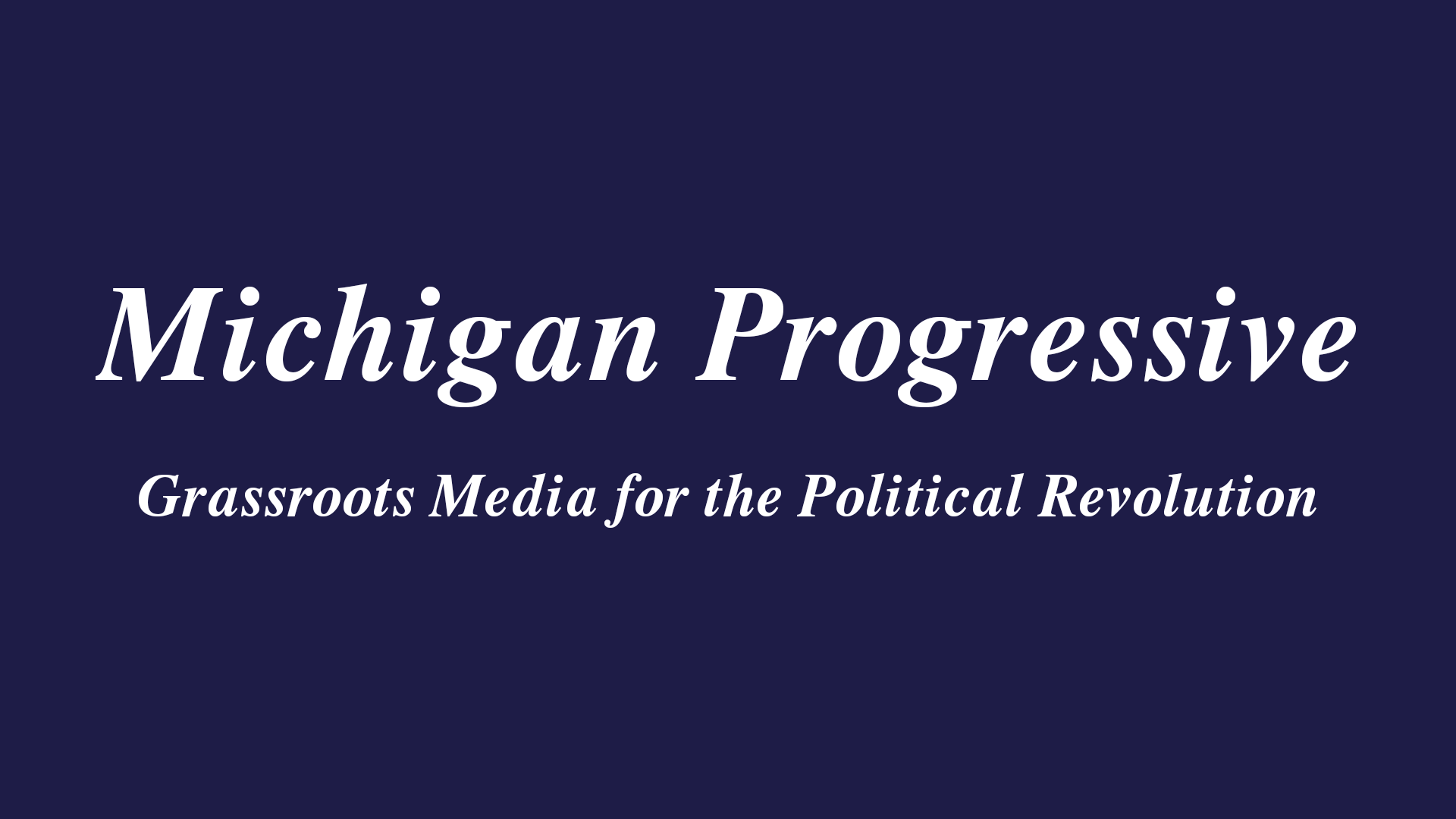I am a Michigan Democratic Party member, serving on the State Central Committee and the State Party Rules Committee. Together with a coalition of many people from across the state, I am working to bring greater democracy, transparency, and inclusion to the Michigan Democratic Party.
MDP Sabotages Proportional Voting
In the last issue, I detailed how officers-at-large tilt the Delegate Selection Plan for the National Convention towards the establishment, effectively stealing delegates from other coalitions. The details were a little technical. In this issue, I’ll explain with as little technical language as possible, those and other ways in which the MDP sabotages proportional voting, and tilts every vote of the State Central Committee towards the establishment.
Background
MDP Rules allow the State Central Committee (SCC) to add as many officers “as in its judgment may be proper” (MDP Rule 7.1.1). The SCC is required by Rule 7.1.1 to “elect” these officers. Officers elected under this provision of the rules are called “officers-at-large”.
MDP Rules for Voting and Elections only allow two methods for elections in the MDP. Majority voting is required for single-position offices. Proportional voting is required for multiple-position elections.
A single-position office is an office that allows no more than one person to hold the office at a time. Examples include chair, treasurer, corresponding secretary, recording secretary, and similar offices.
A multiple-position office is an office that can be held by many people at the same time. Examples include delegates and alternates to the State Central Committee, DNC members, delegates and alternates to the National Convention, and similar offices.
The defining characteristic of a multiple-position office is that the eligibility requirements, duties, and responsibilities of each person filling the office are the same under the rules. The duties and responsibilities of the chair and the treasurer are detailed in the MDP Rules. Their duties and responsibilities are distinctly different – they’re single position offices. Officers-at-large have no specific duties, responsibilities, or eligibility requirements. They’re generic officers without portfolios of duties or responsibilities; there are no specific eligibility requirements. They’re not distinct from each other, they’re exactly the same. Therefore, officer-at-large is a multiple-position office. Therefore, officers-at-large must be elected by proportional voting (MDP Rule 2.16)
Majority voting means that to win, a candidate must receive 50% of the vote plus one – a majority. When the election is by majority voting, coalitions in the minority can never elect anyone to office, will never have a seat at the table. For example, a coalition of 30% of the voters can never win a majority voting election.
A Seat at the Table?
In the Democratic Party, we believe everyone deserves a seat at the table. Proportional voting for multiple-position offices was included in the rules explicitly to ensure coalitions in the minority have seats at the table – in proportion to their support among the voters. For example, if a coalition has 30% of the votes, proportional voting is designed to ensure they will win about 30% of the positions up for election.
State Central Committee delegates are required to be elected by proportional voting. At the Spring State Convention every two years, each Congressional District holds a proportional voting election for State Central delegates. In total, across the MDP, there are 172 SCC delegates elected by their various Congressional District caucuses.
But then, at the first SCC meeting a couple of months after the Convention, the Chair of the MDP “appoints” as many officers-at-large as they want, and the SCC “confirms” them by majority voting. These folks are chosen by the Chair. No one else gets a vote. The Chair mostly picks people who are aligned with the Chair and the majority, giving their coalition an even larger majority. This is equivalent to the US Senate Majority Leader “appointing” as many new Senators as he likes, and “confirming” them in their new office by a simple majority – just 51 Senators and the Majority Leader adding as many new Senators as “in their judgment may be proper”.
This sabotages the proportional representation we won by the proportional voting we did in our Congressional Districts.
This year, the Chair “appointed” about 90 officers-at-large. That means, instead of 172 voting members, there are now 262 voting members, 90 of them chosen by the Chair and the majority coalition. Consider the effect this has on any proportional voting elections in the State Central Committee.
A coalition of 30% of the voters at the State Convention will elect about 30% of the 172 delegates to the State Central Committee. That’s about 51 delegates. When the Chair and their majority coalition add 90 votes, those 51 delegates are no longer 30% of State Central voters. They’ve been diluted, reduced, to just 19% of the votes on State Central. A 36% reduction in voting strength.
Consider how that plays out in various elections. State Central elects Michigan’s 11 members of the DNC. Democratic National Committee members are must be elected by proportional voting (MDP Rule 2.16).
With 172 total votes, 51 votes are 30%. With 30% of the votes on the SCC, the minority coalition is expected to win 30% of the DNC positions; 3 positions.
With the 90 votes added, now there are 262 votes on State Central. Those 51 votes are now just 19% of the SCC vote. The minority coalition can only win 2 votes at most. This is at least a 33% loss of representation for the minority coalition – because the MDP has sabotaged proportional representation.
The State Central Committee also elects at-large delegates and alternates to the National Convention. There will be 27 at-large delegates and 10 at-large alternates elected by the SCC in 2020. The election must be by proportional voting. The coalition in the minority can expect to lose the same percentage of representation in this vote as for DNC members, about 33%. Forced on them by MDP leadership breaking their own rules.
Even when proportional voting doesn’t enter into it, even when it’s a straight majority vote, this rule-breaking by the establishment (as defined here, it’s not the definition many think) raises a greater barrier to any minority coalition passing any motion. There are that many more people the coalition needs to bring over to its side, most of them aligned with the establishment.
Solution
The Party says they can’t run proportional voting elections for officers-at-large, because they can have as many officers-at-large as they want. In a proportional voting election, you need to know how many positions there are to fill, otherwise there’s no way to do the math. This is true. However, the solution is simple.
In any particular instance, the Chair knows how many officers-at-large they’re going to “appoint”. The Chair should announce that number, in a timely manner, every time they’re going to elect officers-at-large. The various coalitions can then prepare to contest a proportional voting election.
This isn’t hard folks.
Here’s some things you can do to help.
- If you haven’t yet, join the MDP. Donate and join or join for free.
- Like and follow our Facebook page.
- Subscribe to our YouTube channel; we have a growing series of videos on MDP rules and culture. Here’s one about precinct delegates.
- Subscribe to our podcast, State of the Revolution. Recent guests include Michigan AG Dana Nessel and Pelosi challenger Shahid Buttar. Subscribe on RSS | Spotify | Apple Podcasts | Stitcher | Google Play | Pocket Casts | Patreon
- Support us on Patreon.
- Get in touch directly: Liano at michiganprogressive.com. We’re looking for writers, audio/video production folks, and WordPress gurus.
We win this fight together, or not at all.
#notmeus

